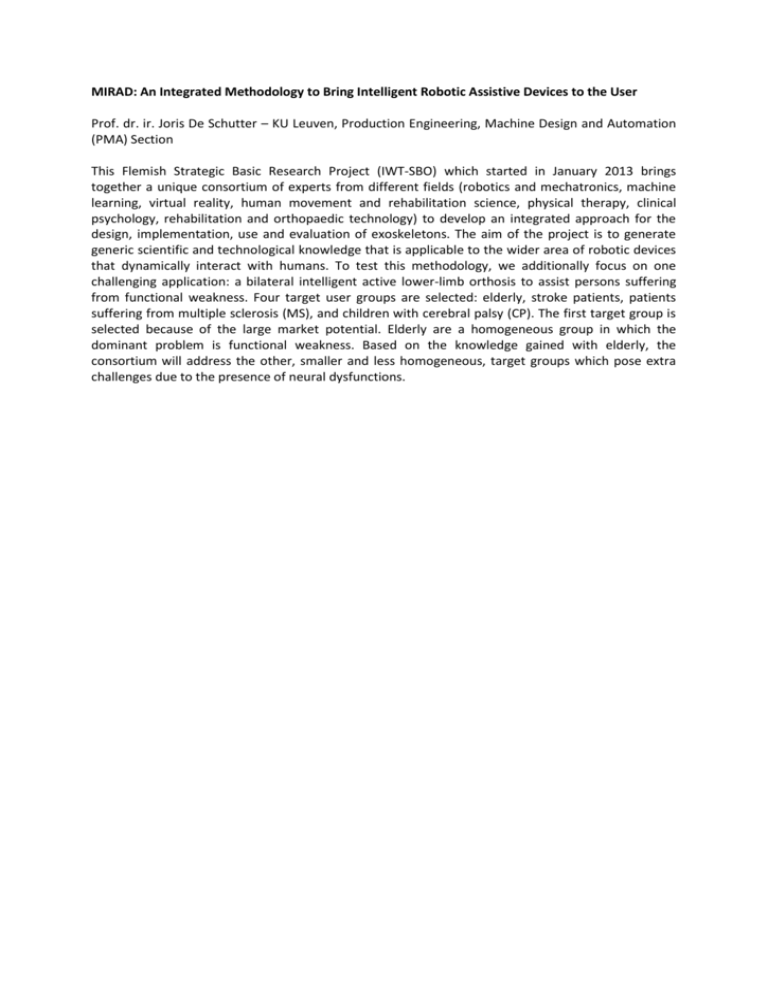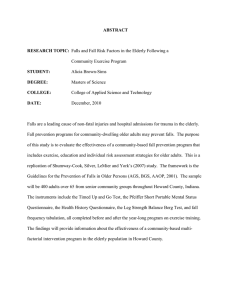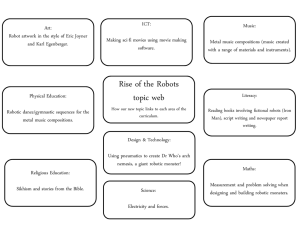An Integrated Methodology to Bring Intelligent Robotic Assistive
advertisement

MIRAD: An Integrated Methodology to Bring Intelligent Robotic Assistive Devices to the User Prof. dr. ir. Joris De Schutter – KU Leuven, Production Engineering, Machine Design and Automation (PMA) Section This Flemish Strategic Basic Research Project (IWT-SBO) which started in January 2013 brings together a unique consortium of experts from different fields (robotics and mechatronics, machine learning, virtual reality, human movement and rehabilitation science, physical therapy, clinical psychology, rehabilitation and orthopaedic technology) to develop an integrated approach for the design, implementation, use and evaluation of exoskeletons. The aim of the project is to generate generic scientific and technological knowledge that is applicable to the wider area of robotic devices that dynamically interact with humans. To test this methodology, we additionally focus on one challenging application: a bilateral intelligent active lower-limb orthosis to assist persons suffering from functional weakness. Four target user groups are selected: elderly, stroke patients, patients suffering from multiple sclerosis (MS), and children with cerebral palsy (CP). The first target group is selected because of the large market potential. Elderly are a homogeneous group in which the dominant problem is functional weakness. Based on the knowledge gained with elderly, the consortium will address the other, smaller and less homogeneous, target groups which pose extra challenges due to the presence of neural dysfunctions.











